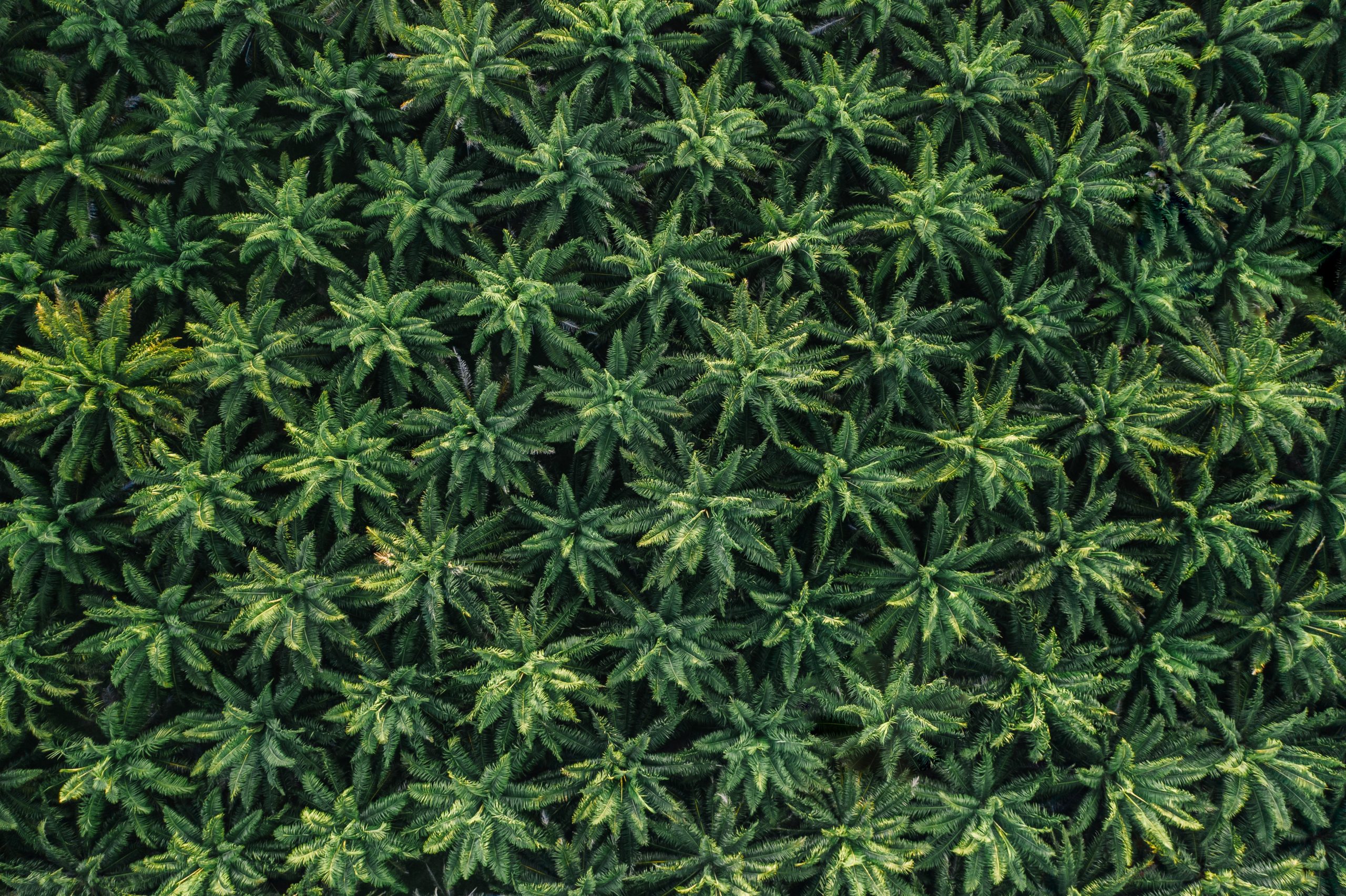
Creativity is a cherished aspect of the human experience, fueling innovation, self-expression, and personal growth. Many artists, writers, musicians, and creative individuals have claimed that cannabis enhances their imaginative processes. This article aims to delve into the relationship between cannabis and creativity, examining the scientific evidence, anecdotal accounts, potential mechanisms of action, and considerations for those seeking to unlock their creative potential through cannabis use.
Creativity encompasses the ability to generate novel ideas, make connections, and think outside the box. It plays a vital role in various domains of human endeavor, from art and design to problem-solving and entrepreneurship. Understanding the multifaceted nature of creativity provides a foundation for exploring the potential influence of cannabis on this cognitive process.



Cannabis is a plant containing several active compounds, with the most well-known being delta-9-tetrahydrocannabinol (THC) and cannabidiol (CBD). THC is responsible for the psychoactive effects of cannabis, while CBD is non-intoxicating and has gained attention for its potential therapeutic properties.
Anecdotal evidence suggests that some individuals experience heightened creativity and inspiration after cannabis use. They report enhanced focus, new perspectives, increased imagination, and a greater flow of ideas. However, it is essential to recognize that individual responses to cannabis vary, and creativity is a complex cognitive process influenced by various factors.
Research exploring the direct effects of cannabis on creativity is limited. Some studies suggest that low doses of THC may enhance divergent thinking, a critical component of creativity. However, higher doses or chronic use may have contrasting effects and impair cognitive functions. The relationship between cannabis and creativity is likely influenced by numerous factors, such as dosage, strain composition, individual variability, and the presence of other creative stimuli or environments.
The potential influence of cannabis on creativity may be attributed to various mechanisms of action. THC interacts with the endocannabinoid system (ECS), which plays a role in cognitive processes and mood regulation. It may modulate neural pathways, altering perception and enhancing cognitive flexibility. Moreover, cannabis can influence the release of neurotransmitters, such as dopamine, which is associated with motivation and reward.
While cannabis may offer creative benefits to some individuals, it is crucial to consider potential risks and limitations. High doses of THC can induce anxiety, paranoia, and cognitive impairment, which can hinder rather than enhance creativity. Furthermore, individual experiences may vary, and cannabis may affect creativity differently depending on the person and the specific creative task at hand.
The relationship between cannabis and creativity is a complex and multifaceted topic. While anecdotal evidence and preliminary research suggest that cannabis may enhance certain aspects of creativity, more rigorous scientific investigation is necessary to understand the precise mechanisms, optimal usage guidelines, and potential risks involved. It is important for individuals seeking to harness their creative potential through cannabis to approach it responsibly, consider their own sensitivities and reactions, and be aware of legal restrictions in their jurisdiction. By further exploring the interplay between cannabis and creativity, we can gain a deeper understanding of how to unlock and nurture the creative spirit within us.
Strains (US)











